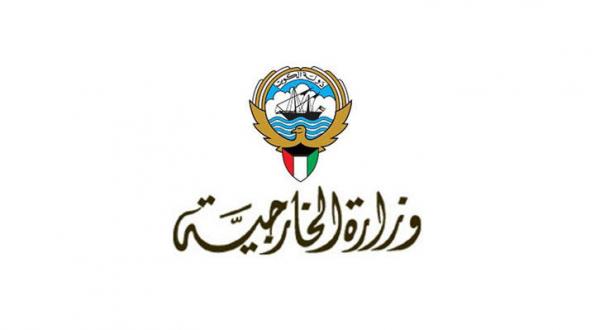Kuwait has become the fourth country from the Gulf Cooperation Council (GCC) to downgrade its relations with Iran after recalling its ambassador.
Saudi Arabia, Bahrain and Sudan have already cut off diplomatic ties with Iran, while the United Arab Emirates has recalled its envoy.
Saudi Arabia also said that it will be halting all air traffic to and from Iran, and would ban its citizens from visiting. Iranians, however, would still be able to visit the kingdom for pilgrimages to Mecca.
As for Bahrain, Saudi Arabia’s closest Gulf ally, said on Monday that Iranian diplomats had 48 hours to leave Manama, and its own diplomats would be leaving Tehran.
Later on, Sudan took the same move as it expelled the Iranian ambassador to Khartoum and severed all ties.
The Kuwaiti move came after the ensuing attack on Saudi Arabia’s embassy in Tehran.
A Foreign Ministry spokesperson said in a statement that the decision was taken following “the storming, torching and sabotage activities carried out by a group of demonstrators on the Saudi Embassy in Tehran and its Consulate in Mashhad.” Such actions constituted “a flagrant breach of international conventions and violation of Iran’s international commitment over security and safety of diplomatic missions on its lands,” he added.
The UN security council on Monday night strongly condemned the attack on the embassy, and urged the Iranian government “to protect diplomatic and consular property and personnel”, while calling on both sides to reduce tensions.
Observers fear that the latest crisis may threaten scheduled peace talks in Geneva between the Syrian government and the opposition.
However, the Saudi ambassador to the United Nations, Abdallah Al Mouallimi, assured on Monday that the Saudis will attend United Nations peace talks set to begin in Geneva on Jan. 25, yet he held out little optimism for their success.

